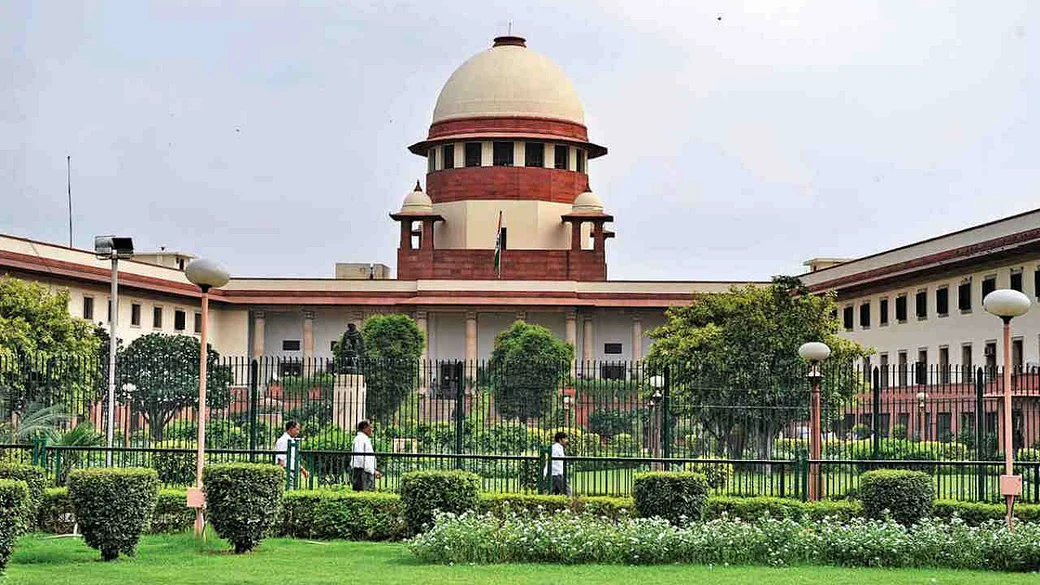Nishka Srinivas Veluvali
Published On: January 13, 2022 at 14:15 IST
The Supreme Court ordered the company to pay for the litigation expenses of the software developer who was hounded by the company, through a lawsuit demanding for the expenses spent for her “overseas deputation”.
The Supreme Court Bench of Justice D Y Chandrachud and AS Bopanna put aside the 1 August, 2018 impugned Order of Punjab and Haryana High Court and ordered the company to pay the developer Rs 1 Lakh, her total litigation expenses.
The Bench stated that “Deputation has definite connotation in law and a transient visit will not qualify as a deputation, unless the respondent (software development company) were to lead evidence that she had worked overseas on deputation. This aspect of the case has completely been ignored by all the three courts below. The claim (by the company) was not substantiated having regard to the terms of the contract. For the above reason, we allow the appeal and set aside the impugned judgement of the high court dated August 1, 2018. As a consequence, the suit for recovery which has been instituted by the respondent stands dismissed. The appellant shall be entitled to the cost of litigation quantified in the amount of ₹ one lakh, which shall be paid over within a period of one month”.
The Bench also highlighted the point in the offer letter which stated that the Appellant shall be posted at any of its branches, subsidiaries, sister concerns and even its associates of the company in India or abroad.
The Contract of Employment stated that the deputation of overseas would be for minimum 3 months for the deputation of 30 to 90 days and service would be for six months. Whereas for the deputation of 90 days it would 12 months of service from the date of delegation.
But in the current Case, the Court noted that the Appellant was not provided with any letter of “overseas deputation”. The Respondent (company) acting as Plaintiff should fulfill their initial responsibility of proving the point that the Appellant was sent overseas on deputation but there were no material facts or evidences submitted to the Bench which would prove the same. However, the Appellant averred that she was sent to abroad for business meeting and not for deputation.
The software developer joined the company in November 15, 2012 at Gurgaon with the package of Rs 13.15 lakhs p. a. Later, on September 27, 2013 she was promoted as senior project manager with the reviewed package of 16 lakh p.a.
However, in the meanwhile she was sent to the United States in August 2013 primarily for one week along with the flight tickets for the travel. This business trip was later on extended till September 20, 2013 and was supposed to report in India on September 21, 2013.
On December 12, 2013 the Appellant resigned and was informed with an email from Human Resource that her resignation is accepted and the exit process would be executed shortly.
It was then said that she received an e-mail with an amount of Rs 5,70,753 to be paid to the company for her “overseas deputation”. However even after approaching the Trial Court, the woman was ordered to pay Rs. 3,14,159 to the company which was later endorsed by the Additional District Judge in 2017 and High Court in 2018.

